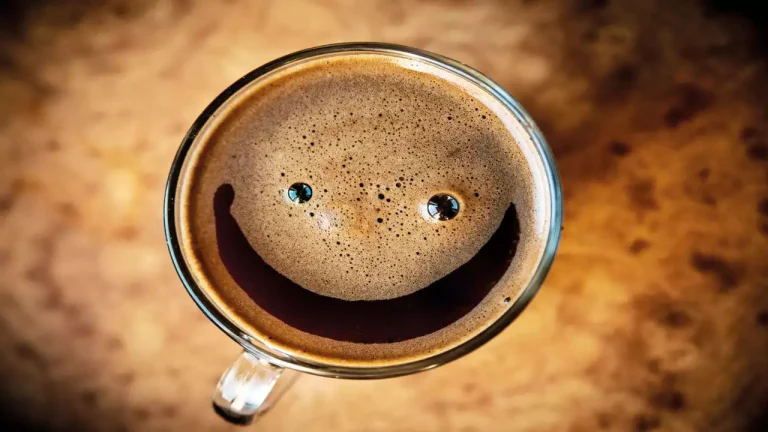The Psychology Behind Game Slot Machines and Player Behavior
Slot machines are one of the most popular forms of entertainment in casinos, both online and land-based. They have a unique ability to draw in players and keep them engaged for long periods. But what is it that makes slot machines so addictive, and why do players behave the way they do when they engage with these games? Understanding the psychology behind game slot machines and player behavior reveals the intricate design elements that influence decision-making, emotional responses, and continued engagement.
The Power of Randomness and Reward
One of the most powerful psychological tools used by game slot machines is variable reinforcement. This principle stems from operant conditioning, where rewards are delivered at unpredictable intervals. Slot machines don’t provide a consistent payout but instead offer random rewards, creating a sense of excitement and anticipation with every spin. This uncertainty taps into the brain’s reward system, making the prospect of a win more thrilling.
The unpredictability of when a win might occur keeps players engaged for longer periods. The occasional win, though often small, reinforces the behavior of spinning the reels. It’s the same principle used in many forms of gambling and gaming, as players keep returning for the chance of hitting the big jackpot or bonus round.
The Illusion of Control
Slot machines are designed to give players a sense of control, even though outcomes are entirely random. Many games offer features where players can choose the number of lines, bet amounts, or even engage with bonus rounds that feel like skill-based mini-games. These choices make players feel as though they have some influence over their fate, even though the outcome is still determined by a random number generator (RNG).
This illusion of control is a powerful psychological effect. When players feel they have control over the game, it increases their emotional investment and extends their engagement. They may believe that making certain choices will lead to a better outcome, even if this is not the case.
The Role of Sound and Visuals
Slot machines are not just games of chance; they are designed to appeal to the senses. The visuals are bold and bright, filled with flashing lights, vibrant colors, and animations that keep players visually engaged. The sound effects also play a significant role in reinforcing the emotional response to the game. The sound of coins cascading down the screen or the celebratory music after a win triggers the release of dopamine, a neurotransmitter associated with pleasure and reward.
The Social Influence
In both online and physical casinos, slot machines often feature a social aspect. Whether it’s the leaderboard displays in online games or the excitement of watching others win in a land-based casino, players are often influenced by those around them. The success of others can serve as motivation, making players feel that if someone else can win, they too might experience a big payout.
Cognitive Biases and Heuristics
Players may also fall victim to confirmation bias, where they selectively remember wins and ignore losses. If they have a few successful spins, they may believe that the game is “hot” and continue playing, despite the fact that each spin is independent and random. This bias reinforces the idea that they are in control of their fate, leading to longer gaming sessions and higher engagement.
Conclusion
The psychology behind game slot machines and player behavior is multifaceted, involving a combination of random rewards, sensory stimulation, social influences, and cognitive biases. These elements are carefully designed to engage players on an emotional and psychological level, making them feel rewarded, in control, and invested in the game. Whether it’s the thrill of near-misses, the illusion of control, or the immersive environment, slot machines use psychological tactics to keep players coming back for more, creating an experience that’s as much about entertainment as it is about the potential for big rewards.






